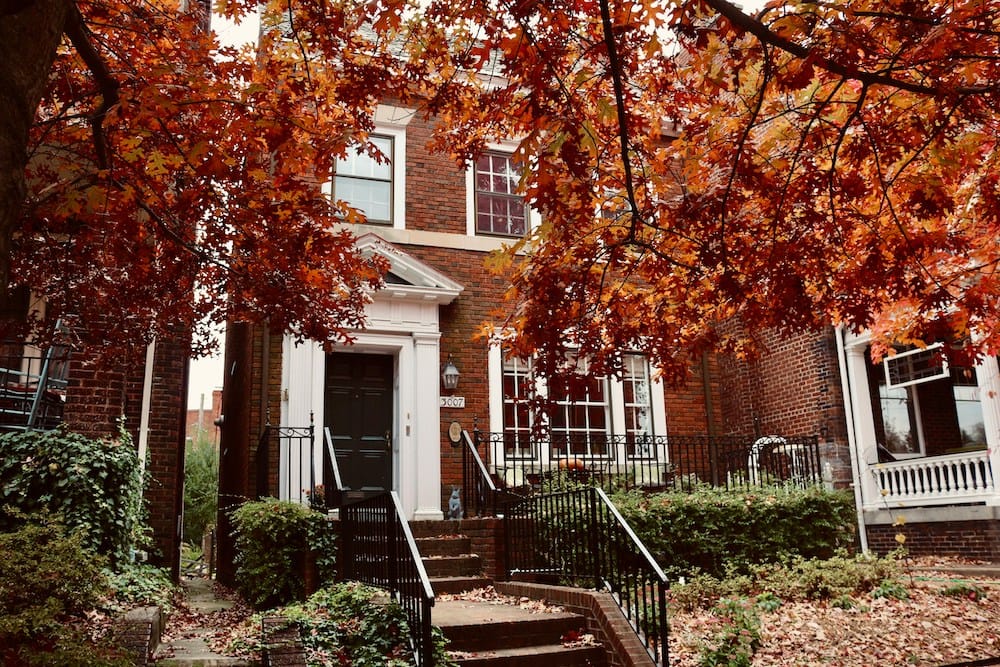In New York’s complex housing landscape, the concept of squatter’s rights remains one of the most misunderstood legal areas. Squatter’s rights often involve various legal protections that allow individuals to gain temporary or permanent residency rights over abandoned properties. Whether you’re a property owner, renter, or inhabitant navigating your own housing situation, understanding these nuances helps you avoid dispute and maintain clarity over property title and ownership.
This article covers everything you need to know about squatter’s rights in New York, including legal definitions, protection strategies for owners, recent legal precedents, and resources for both squatters and property owners.
Quick Summary
Squatter’s rights in New York revolve around adverse possession laws, allowing individuals to claim property title after 10 years of continuous, open, and hostile occupation. Squatters differ significantly from tenants, who have legal contracts and protections under tenant laws. Property owners facing squatter issues can follow a legal eviction process, including issuing notices, filing for eviction, and potentially enlisting law enforcement. Recent case precedents highlight the importance of property maintenance and vigilance in preventing adverse possession claims. Legal resources, housing authorities, and community associations provide support for property owners, while advocacy groups work to address the housing challenges that often lead to squatting.
What is Squatting?
Squatting occurs when an individual takes residence in an abandoned or unoccupied dwelling without permission from the property owner. Over time, if a squatter meets specific criteria, they may be able to claim rights to the property and, under certain conditions, even obtain a legal title. While it may appear straightforward, squatting laws in New York involve extensive legal guidelines.
Why Squatting Happens
In areas like New York, high housing costs, limited affordable accommodations, and housing shortages can lead individuals to seek alternative living arrangements. Squatting is sometimes viewed as a form of protest, though for others, it can be a matter of survival. Squatting cases often come with unique challenges related to abandonment, property security, and ownership rights.
Overview of Squatter’s Rights in New York
Squatter’s rights in New York operate under the legal framework of adverse possession, a process by which an individual can acquire a property title by occupying it continuously under certain conditions. The duration of occupancy is a key element, but factors like visibility, exclusivity, and occupation without the owner’s consent also play significant roles in establishing potential rights.
Key Conditions for Squatter’s Rights
For squatter’s rights to apply, the occupation must meet the following conditions:
- Open and Notorious: The squatter’s presence in the residence must be evident to neighbors and the owner.
- Exclusive Possession: Only the squatter (or squatters) resides on the premises.
- Hostile Claim: The squatter occupies the property without permission.
- Continuous Duration: Occupation must last uninterrupted for a legally specified period, generally a minimum of 10 years in New York.
These criteria ensure that only those who actively demonstrate occupancy, visibility, and long-term commitment to the property can potentially claim rights under adverse possession.
Legal Framework Governing Squatting in New York
In New York, adverse possession laws guide the process by which squatters may acquire property rights. To establish legal title through adverse possession, the squatter’s occupancy must be continuous and meet specific requirements that prove abandonment by the property owner.
Adverse Possession Laws
For a squatter to claim adverse possession, they must occupy the property for a duration of at least 10 years, demonstrating open, hostile, and exclusive possession. If these criteria are met, a squatter can initiate legal action to establish ownership rights. This action requires filing a court claim, which can be a lengthy legal process but, if successful, leads to formal title transfer.
Title Considerations
Adverse possession and squatter’s rights essentially convert a squatter’s status from unlawful occupant to lawful titleholder under stringent conditions. Property owners who neglect or abandon their properties are at the greatest risk of encountering adverse possession claims.
Homestead Exemptions and Squatter’s Rights
New York homestead exemptions offer protection for homeowners facing financial difficulties but do not apply to squatters. These exemptions provide property tax relief and protect residences from creditors under specific conditions. However, they do not impact squatters’ claims and do not affect adverse possession cases. Understanding how homestead laws operate is crucial, as they are sometimes misinterpreted in discussions about property protection.
Eviction Process for Property Owners
For property owners, evicting squatters can be a complex process due to New York’s strict property and housing laws. Following a legal eviction process is essential to maintain the property title and avoid long-lasting disputes.
Steps to Evict Squatters
- Identify Occupant Statute: Determine whether the inhabitant is a squatter or has tenant rights.
- Issue a Notice to Vacate: This written notice formally requests the squatter to leave the premises.
- File an Eviction Claim: If the squatter refuses, file for eviction through the court system.
- Court Proceedings: During the hearing, the property owner must present proof of ownership and lack of consent.
- Law Enforcement Assistance: If eviction is approved, law enforcement can enforce the removal.
Property owners should be aware that eviction is a multi-step legal process. Following these steps ensures compliance and protection against potential counterclaims from the squatter.
Court Orders and Legal Assistance
Court involvement is often required when squatters claim adverse possession. This scenario is particularly relevant for owners who unintentionally abandoned their property or did not actively monitor it. Legal aid services can assist property owners by providing representation and guidance on protecting property title.
Rights of Tenants vs. Squatters
Tenants and squatters both occupy property, but their legal standing differs significantly. Tenants have a signed lease or rental agreement with the property owner, giving them protected rights under state housing laws. In contrast, squatters reside without any formal agreement or consent, which puts them in a legally tenuous position unless they meet adverse possession criteria.
Key Differences
- Legal Documentation: Tenants have lease agreements; squatters do not.
- Eviction Protections: Tenants are covered by tenant rights laws; squatters receive limited protection unless they meet adverse possession requirements.
- Duration of Stay: While both tenants and squatters may stay long-term, squatters must remain continuously for a decade to claim rights.
Understanding the difference between tenant and squatter rights is vital for landlords and property owners who want to avoid legal disputes and potential property loss.
Recent Case Law and Precedents
Recent New York cases have addressed the nuances of squatting and adverse possession. In some cases, individuals were granted property rights after establishing continuous, hostile occupancy, underscoring the importance of property vigilance.
For instance, one New York court awarded adverse possession to an individual who had continuously inhabited an abandoned property for over 10 years, meeting all legal criteria. Such cases emphasize the need for property owners to monitor properties actively and to understand their rights and responsibilities fully.
Resources for Property Owners
Navigating squatter’s rights requires knowledge of legal protections, such as adverse possession laws and eviction processes. Property owners have access to various resources:
- Local Housing Authorities: Assistance with understanding squatter’s rights and reporting occupancy issues.
- Legal Aid Societies: Legal aid offers support to property owners needing assistance with eviction or property disputes.
- Community Associations: Associations often have resources to help property owners protect their premises against squatting.
Using these resources can simplify eviction processes and help property owners maintain control over their assets.
Advocacy and Community Support for Squatters
In response to the housing crisis, several advocacy groups and community organizations support squatter’s rights, offering guidance and resources. These organizations view housing as a fundamental human right and often work with governments to promote affordable housing solutions. Such advocacy efforts highlight the larger debate over housing rights in high-cost areas like New York, where housing shortages contribute to squatting.












